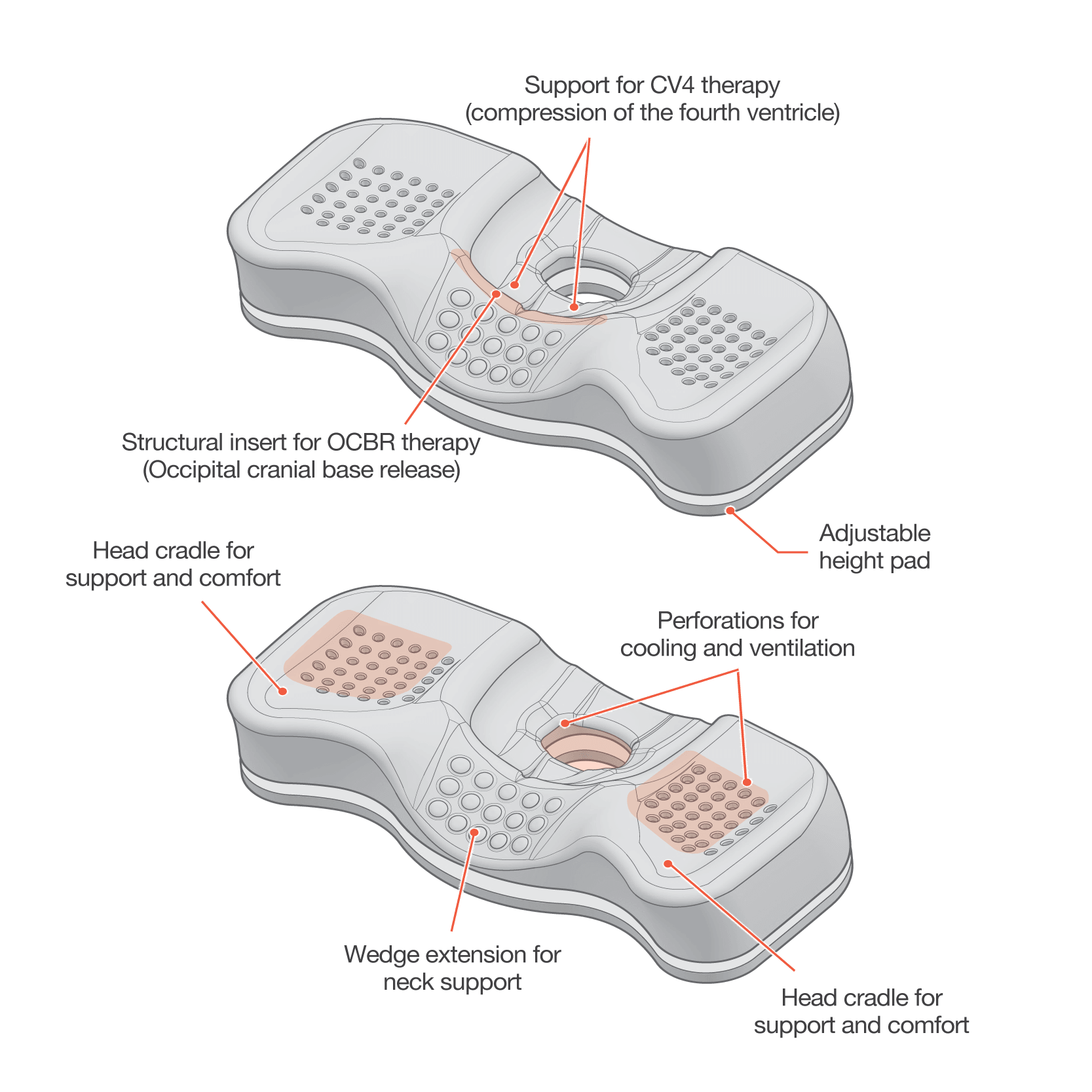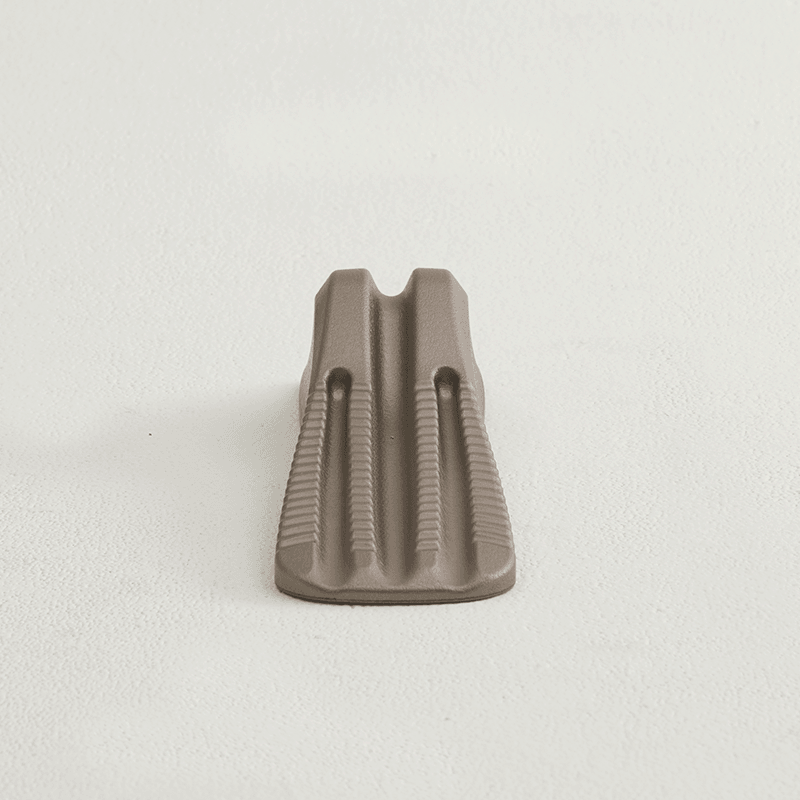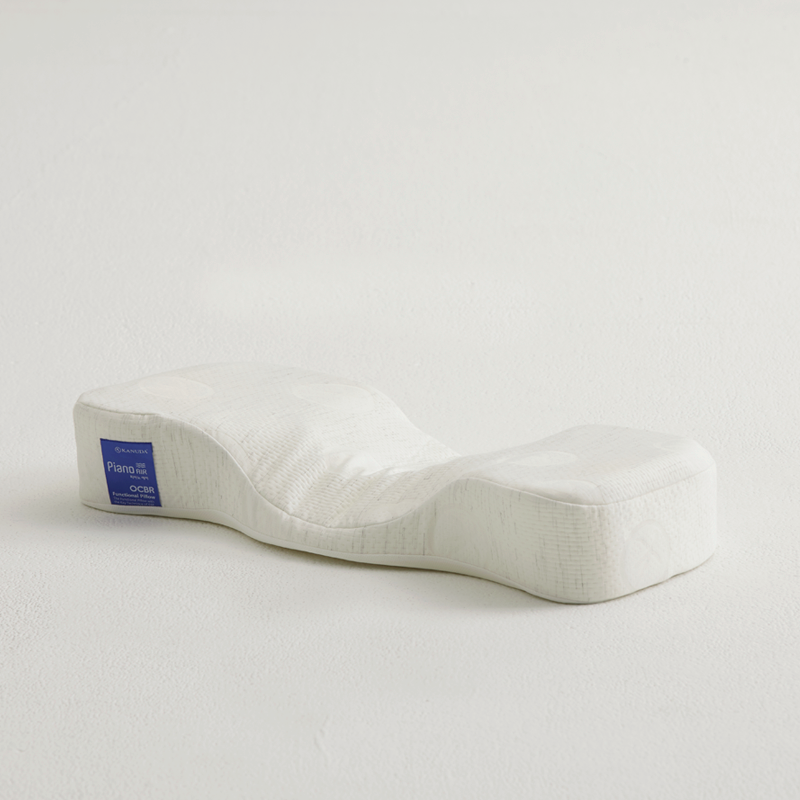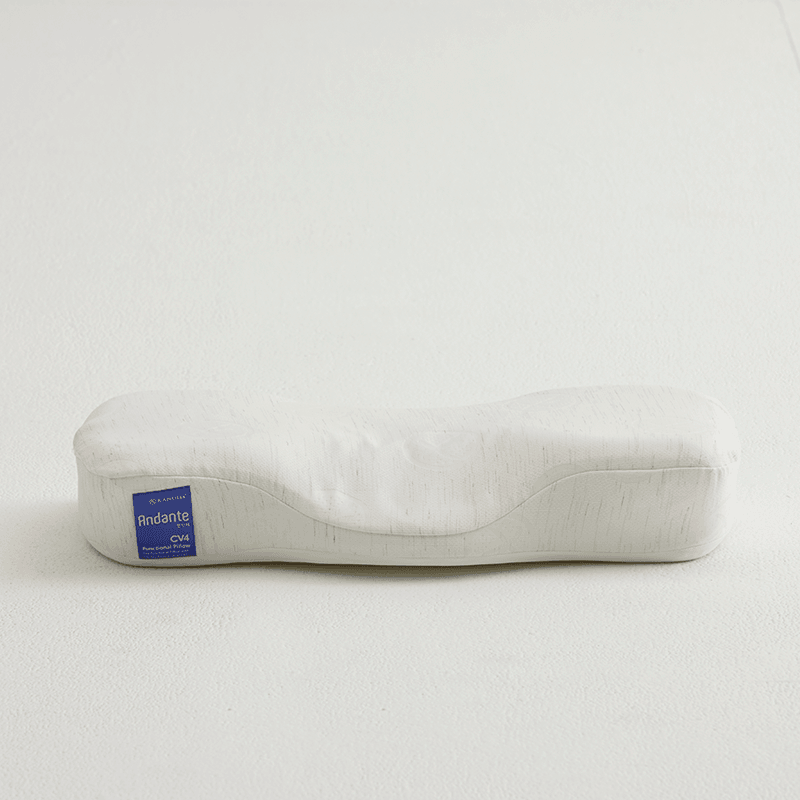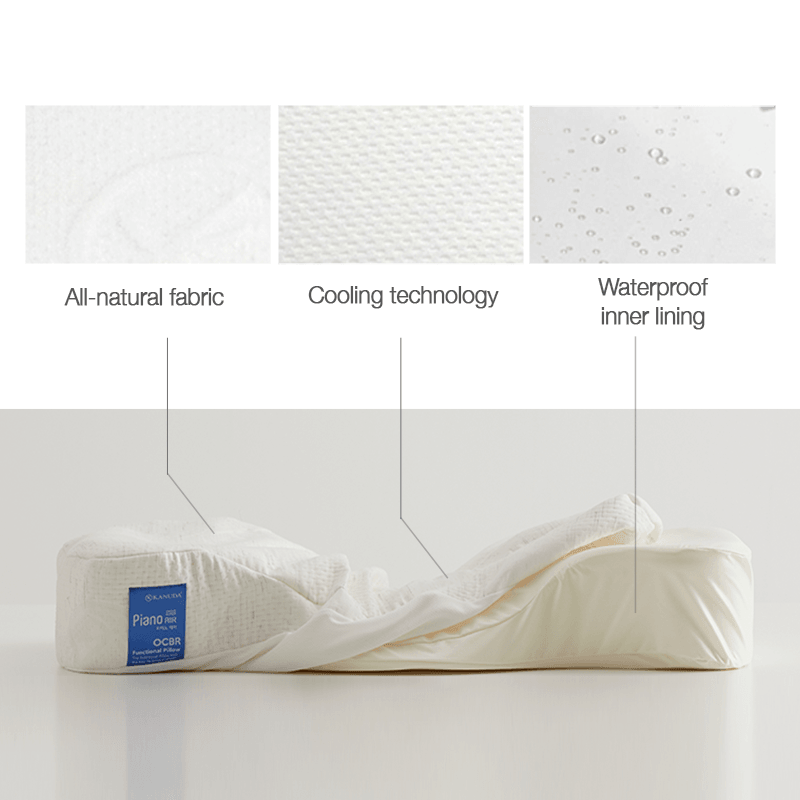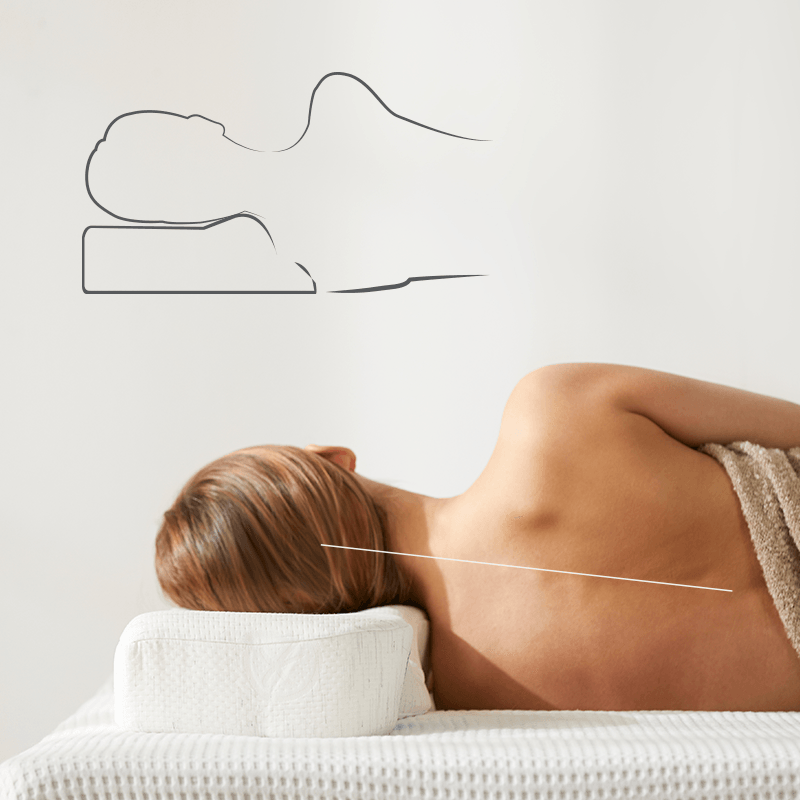Athletes spend lots of time training their bodies, but many forget about how important sleep is. Sleep is like a secret weapon for athletes, helping them recover, get stronger, and do better in their sport. Let's look at how sleep can help you become a better athlete. Understanding how sleep affects your performance can really help you reach your full potential.
Key Takeaways
| Aspect | Importance for Athletes |
|---|---|
| Sleep Duration | 9-10 hours recommended for optimal performance |
| Recovery | Essential for muscle repair and growth |
| Performance Enhancement | Improves reaction times, accuracy, and decision-making |
| Injury Prevention | Reduces risk of fatigue-related injuries |
| Sleep Quality | As important as quantity; proper support crucial |
Why Sleep Matters for Athletes
Think of sleep as your body's repair shop. While you're sleeping, amazing things are happening:
- Your muscles are fixing themselves after tough workouts, rebuilding and growing stronger
- Your brain is sorting through memories and new skills you learned, making them easier to remember
- Your body is making hormones that help you grow and recover, especially during deep sleep
- Your immune system gets stronger, helping you stay healthy for training
- Your brain functions get better, helping you focus and make decisions during sports
Without enough sleep, athletes might feel tired, react slower, and even get hurt more easily. That's why top sports teams and coaches now think sleep is just as important as training and eating right. Not getting enough sleep can undo all the hard work you put into training, so it's really important for doing well in sports.
How Much Sleep Do Athletes Need?
Most people need about 7-9 hours of sleep each night. But for athletes, especially during hard training or competitions, 9-10 hours might be even better. Some pro athletes even try to get 10-12 hours of sleep to be at their best! This extra sleep time lets your body go through more complete sleep cycles, which helps you get the most out of your rest.
It's not just about how long you sleep, but also how well you sleep. Having the right pillow can make a big difference in your sleep quality. Kanuda makes special pillows designed to support athletes' necks and help them get better rest. The right pillow can help keep your spine straight, reduce neck pain, and improve how well you sleep, which is really important for athletes to recover.
The Science of Sleep Cycles
When you sleep, your body goes through different stages. These stages repeat in cycles throughout the night:
- Light Sleep: You're just falling asleep, and it's easy to wake up
- Deeper Sleep: Your body temperature drops and your heart slows down as you sleep more deeply
- Deep Sleep: This is when your body does most of its physical repair, including muscle growth and fixing tissues
- REM Sleep: Your brain is active, and this is when you dream. REM sleep is really important for thinking and managing emotions
Athletes need all of these stages, but deep sleep is especially important for physical recovery. That's why it's crucial to get enough total sleep time and to sleep well. Each stage plays an important role in helping you recover and perform better. For example, REM sleep helps you learn new skills and strategies, while deep sleep is really important for physical recovery and making hormones your body needs.
How Sleep Boosts Performance
Getting enough good sleep can help athletes in many ways:
It can make your reactions faster, which is really important in sports where you need to move quickly. You might be more accurate in your sports skills, like shooting baskets or hitting golf balls. You could have more energy and be able to practice or play for longer. It can help you make decisions faster, which is great for team sports. You might feel happier and be able to focus better, which helps you stay motivated. Your muscles can recover better, so you're less likely to get too tired from training. And it can improve your balance and coordination, which are important for lots of different sports.
Studies have shown that when athletes get more sleep, they can run faster, shoot basketballs more accurately, and even serve tennis balls better! For example, a study at Stanford University found that basketball players who slept for 10 hours a night got 9% better at free throws and 9.2% better at three-point shots.
The Dangers of Not Sleeping Enough
Not getting enough sleep can hurt an athlete's performance and health:
Your reactions might be slower, which can be dangerous in fast sports. You might not be as strong or powerful. You could be more likely to get hurt because you're not as coordinated. Your immune system might get weaker, so you could get sick more easily. It might be harder to learn new skills or strategies for your sport. Your body might not use energy as well. And you might have more stress hormones in your body, which can make it harder to recover and build muscle.
Some athletes even feel more sore and achy when they don't sleep well, which can slow down their training and recovery. If you don't get enough sleep for a long time, you might get something called overtraining syndrome, where you feel really tired all the time, can't perform as well, and are more likely to get hurt.
Tips for Better Athletic Sleep
Here are some ways athletes can improve their sleep:
- Go to bed and wake up at the same time every day, even on weekends
- Make your bedroom dark, quiet, and cool for better sleep
- Don't use phones, tablets, or TV for at least an hour before bed
- Use a supportive pillow like the Kanuda Piano Air ($249) or Andante ($269) to keep your neck comfortable
- Try relaxing before bed with deep breathing, meditation, or gentle stretching
- Don't have caffeine or big meals close to bedtime
- Create a bedtime routine to help your body know it's time to sleep
- Use blackout curtains or a sleep mask to block out light
- Keep your room at a comfortable temperature, usually between 60-67°F (15-19°C)
Napping for Athletes
Short naps can be great for athletes, especially on busy training days or before competitions. Here's what to know about napping:
Try to take 20-30 minute "power naps" so you don't feel groggy afterward. Don't nap too late in the day, as it might make it harder to sleep at night. You can use a travel-friendly pillow like the Kanuda Mini Travel Pillow ($159) for comfortable naps when you're not at home. It's best to nap in the early afternoon when you naturally feel a bit sleepy. If you nap regularly, try to do it at the same time each day.
Some athletes even use special pillows like the Kanuda Nap Traction Pillow ($99) to help relax their neck and shoulders during short rests. These pillows can help reduce tension and improve your posture, which is really good for athletes who often have sore necks or upper backs.
Sleep and Travel for Athletes
Traveling for competitions can mess with an athlete's sleep. Here are some tips:
Start adjusting your sleep schedule a few days before you travel to a new time zone. This can help with jet lag. Drink plenty of water and avoid alcohol on flights, as being dehydrated can make jet lag worse. Use earplugs, an eye mask, and a travel pillow to sleep better while traveling. Try to get some sunlight at your destination to help your body adjust to the new time. You might want to try melatonin supplements to help adjust to new time zones, but check with a doctor first. Try to keep your usual bedtime routine as much as possible, even in a new place. If you can, arrive at your destination a few days early to give yourself time to adjust.
Having good support during travel can also help prevent aches and pains that might make it hard to sleep and perform well. Using a supportive travel pillow and sitting up straight during long flights or car rides can make a big difference in how you feel when you arrive.
Tracking Sleep for Better Performance
Many athletes now use sleep tracking devices or apps to understand their sleep patterns better. These tools can help you:
See how long you're actually sleeping, which might be different from how long you're in bed. Learn about your sleep cycles and how much time you spend in each stage. Notice things that might be making your sleep worse, like waking up a lot during the night. See how different things you do before bed affect your sleep. Compare your sleep patterns with how hard you're training and how well you're performing. Set goals for your sleep and see how you're improving over time.
Remember, these devices aren't perfect, but they can give you useful information to help you sleep better. It's important to use this information as a guide and not worry too much about the exact numbers. If you notice you're having problems with your sleep all the time, it might be a good idea to talk to a sleep doctor for personalized advice.
Conclusion: Sleep Your Way to Better Performance
Sleep is a powerful tool for athletes who want to improve their performance and stay healthy. By making good sleep habits a priority and using the right sleep products, you can give your body the rest it needs to perform at its best. Getting good sleep regularly can be the difference between doing okay and doing great in your sport. It can help you recover faster, think clearer, and push yourself further.
Remember, everyone's sleep needs are a little different. Pay attention to how you feel and perform after different amounts of sleep. With some trial and error and the right tools, you can find the perfect sleep routine to help you reach your athletic goals. Don't forget how important rest is in your training plan – it could be the missing piece that helps you become an excellent athlete.
Sleep well and train hard!
Faster Recovery
Quality sleep helps muscles and tissues repair quicker after training
Better Performance
Well-rested athletes show improved strength and speed
Sharper Focus
Good sleep enhances mental clarity and decision-making
Lower Injury Risk
Proper rest helps prevent fatigue-related injuries



